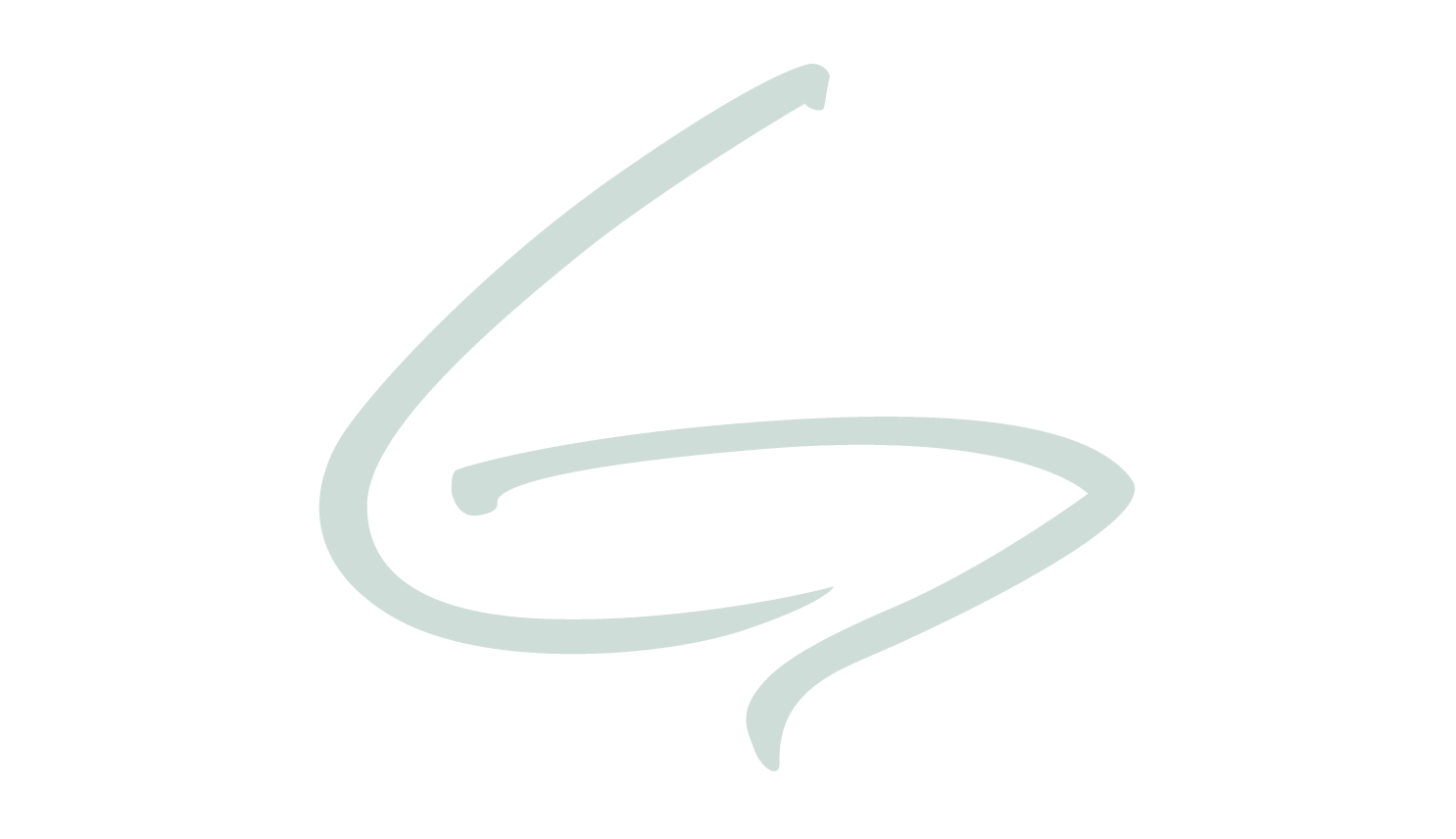August – June
Explore language arts in a new way as we make connections between the literary world and our natural world. Join us for an enchanted adventure where we will bring fairytales, fables and fiction to life in the magical forests of Greenacres. Students will craft their own tall tale of the day’s adventures, before they ride off into the sunset.
Ohio Science Standards:
- SWK Grade 3-5: Science is a way of knowing about the world around us based on evidence from experimentation and observations.
English Language Arts Standards:
- ELA.SL.3.2 Determine the main ideas and supporting details of a text read aloud or information presented in diverse media and formats, including visually, quantitatively, and orally.
- ELA.L.3.3 Use knowledge of language and its conventions when writing, speaking, reading, or listening.
NGSS Standards:
- 3-LS2-1. Construct an argument that some animals form groups that help members survive.
- 3-LS4-4. Make a claim about the merit of a solution to a problem caused when the environment changes and the types of plants and animals that live there may change.
Vocabulary:
behavior, trait, adaptation, habitat, fiction, non-fiction, fable
